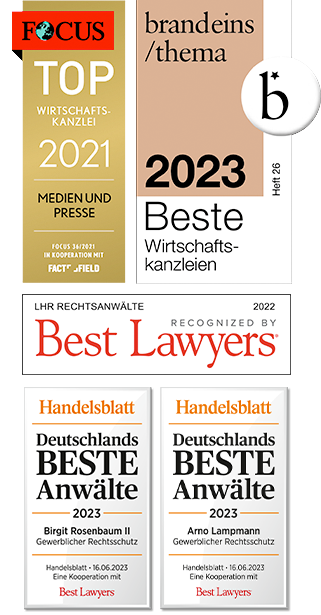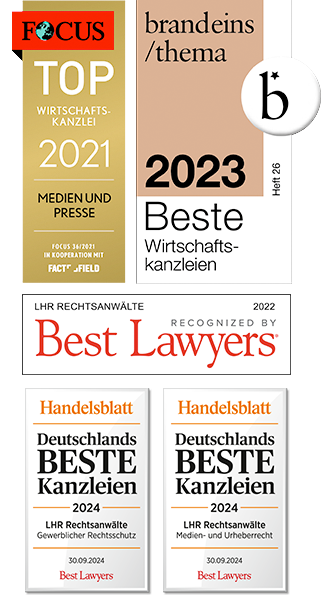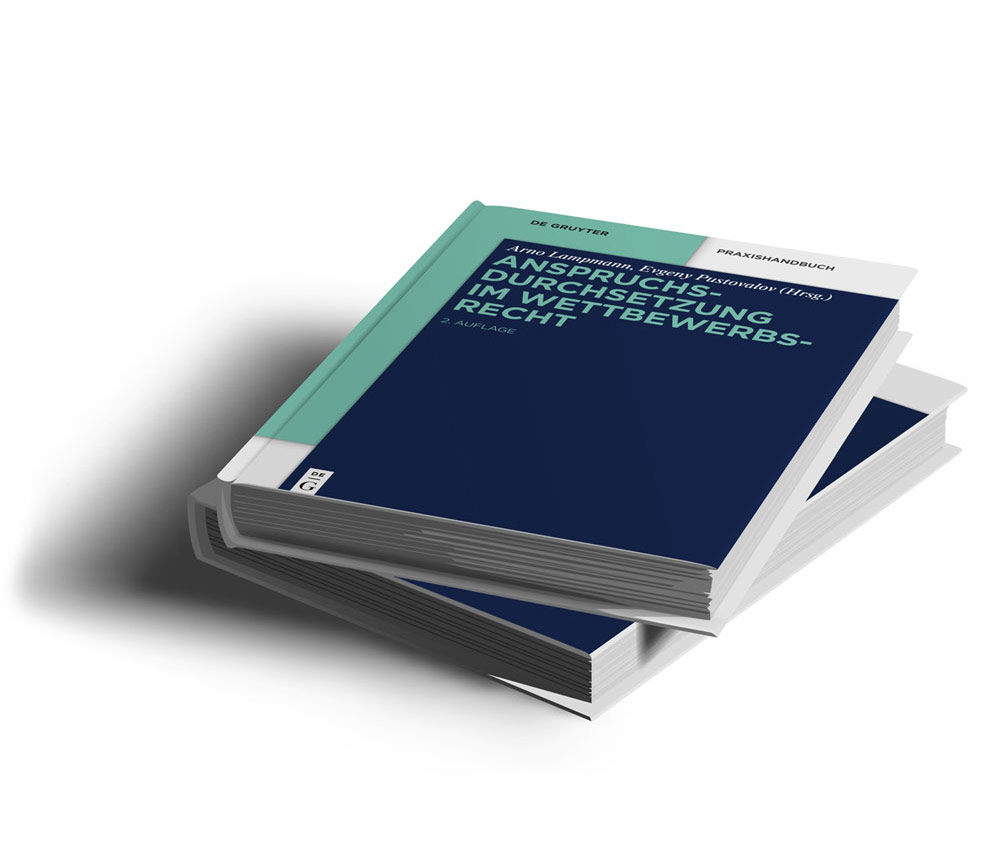LHR successful before the Federal Court of Justice: Client advertising by leading investor protection law firms punishable defamation

The Federal Court of Justice has recently rejected an appeal against denial of leave to appeal against a judgment of the Düsseldorf Higher Regional Court obtained by LHR (BGH, Beschluss v. 13.12.2016, Az. VI ZR 710/15).
The Düsseldorf court (OLG Düsseldorf, Urteil v. 30.11.2015, Az. I-16 U 263/14) had prohibited an association of leading capital market law firms from unlawfully advertising to clients.
What had happened?
The law firms had claimed on an Internet platform set up specifically for this purpose that there was a suspicion of a fraud scheme or Ponzi scheme in relation to an issuing house of closed-end real estate funds. The urgently needed legal advice could be obtained from them.
In its ruling, the Düsseldorf Higher Regional Court agreed with the plaintiff that this allegation was not only untrue, but that there was not even the beginnings of a factual basis for it. It explicitly stated that the statements constituted the criminal offense of defamation pursuant to Section § 186 StGB and accordingly ordered the law firms to cease and desist. In addition, it held the managing directors of the law firms personally liable in accordance with the principles of “Stoererhaftung”.
A fine of up to € 250,000 or up to six months’ imprisonment is threatened in the event of non-compliance. The amount in dispute for the injunctive relief was set at EUR 150,000.
The BGH has now rejected the appeal against denial of leave to appeal lodged by the law firms. The decision is therefore legally binding.
In addition to the claim for injunctive relief, there are claims for damages which, in view of the total investment volume of more than EUR 1 billion, are likely to be in the seven-figure range and which the issuing house will assert in separate proceedings.
Conclusion
Lawyer Arno Lampmann from the law firm LHR:
“In recent years, the liberalization of advertising law for the liberal professions has led many lawyers to advertise not only more freely, but also more aggressively and – as the present case shows – unfortunately also simply with false claims with a view to quick fee income. In the name of consumer protection, there is of course nothing wrong with factually justified criticism, particularly in the sensitive area of financial investments, even if negative reporting can have serious consequences for companies. However, this is precisely why false claims must be stopped at all costs. After all, unlawful advertising in the financial sector can cause considerable damage, which can easily threaten the existence of the perpetrator and, in particular, is not covered by the lawyer’s financial liability insurance.”











